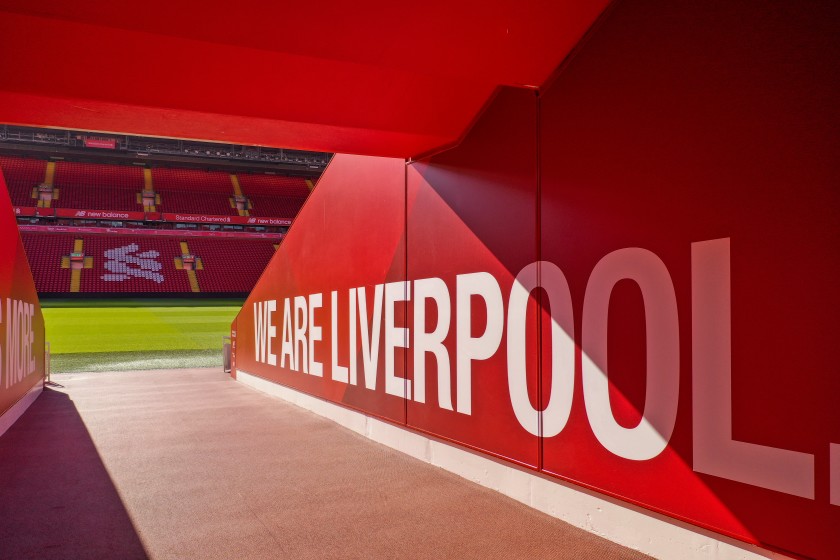The new Super League model announced Sunday by big football clubs across Europe would strip the UEFA Champions League of its most attractive and most successful teams and effectively walling off the richest clubs in their own closed competition — and allowing them to split the billions of dollars in annual revenue among themselves. According to announcement by the Super League founders, the clubs will split 3.5 billion euros (almost $4.2 billion) for signing on to establish “a sustainable financial foundation.” The per-team figure means each founding club will receive about $400 million — more than four times what the Champions League winner took home in 2020.

The 12 teams that signed up as founders are, for the moment, limited to a dozen clubs from Spain, Italy and England. A cohort of six teams from the Premier League — United, Liverpool, Manchester City, Arsenal, Chelsea and Tottenham — represents the biggest grouping from a single country. Atlético Madrid is the other team from Spain that is said to have endorsed the project, while the Milan rivals Internazionale and A.C. Milan would join Juventus as Italy’s representatives.
What’s the format?
The inaugural edition will take place “as soon as practicable”, the announcement says.
With an August start, it will feature two groups of 10 playing home and away, and the top three qualifying for the quarter-finals.
The fourth and fifth-placed teams will play off for the remaining quarter-final spots. The quarter and semi-finals will be played over two legs and the final is a single game at a neutral venue.
There are also plans for a women’s version.

What’s behind all this?
Money. Europe’s top clubs have long agitated for the income that guaranteed annual competition against their fellow powers would bring. Currently, they have to qualify for the Champions League by placing high in their domestic competitions, and then make it through the season-long tournament to reach the high-profile latter stages.
The clubs, saddled with big debts and huge wages for their star players, say the pandemic has “accelerated the instability in the existing European football economic model”.
The Super League will bring them far more than the Champions League. The founding clubs are expected to receive more than 10 billion euros in uncapped “solidarity payments” during their initial commitment period.
They will also receive 3.5 billion euros for infrastructure investment and to offset their losses from the pandemic.
By comparison, UEFA competitions generated 3.2 billion euros in TV earnings in the pre-pandemic 2018-2019 season.

What’s the reaction thus far?
The condemnation was widespread and swift. European football’s governing body UEFA and English, Spanish, and Italian football authorities issued a joint statement threatening to ban participating clubs from “any other competition at domestic, European or world level”. Players could even be barred from their national teams, they said.
World body FIFA said it “can only express its disapproval” about a competition “outside of the international football structures”.
British Prime Minister Boris Johnson said the plans were “very damaging for football” and “would strike at the heart of the domestic game”. French President Emmanuel Macron praised French clubs for not taking part.
Fans were also incensed, with the Chelsea and Tottenham supporters’ trusts calling it a “betrayal”, and the Arsenal Supporters Trust saying it was the “death of Arsenal as a sporting institution”.






















Leave a comment